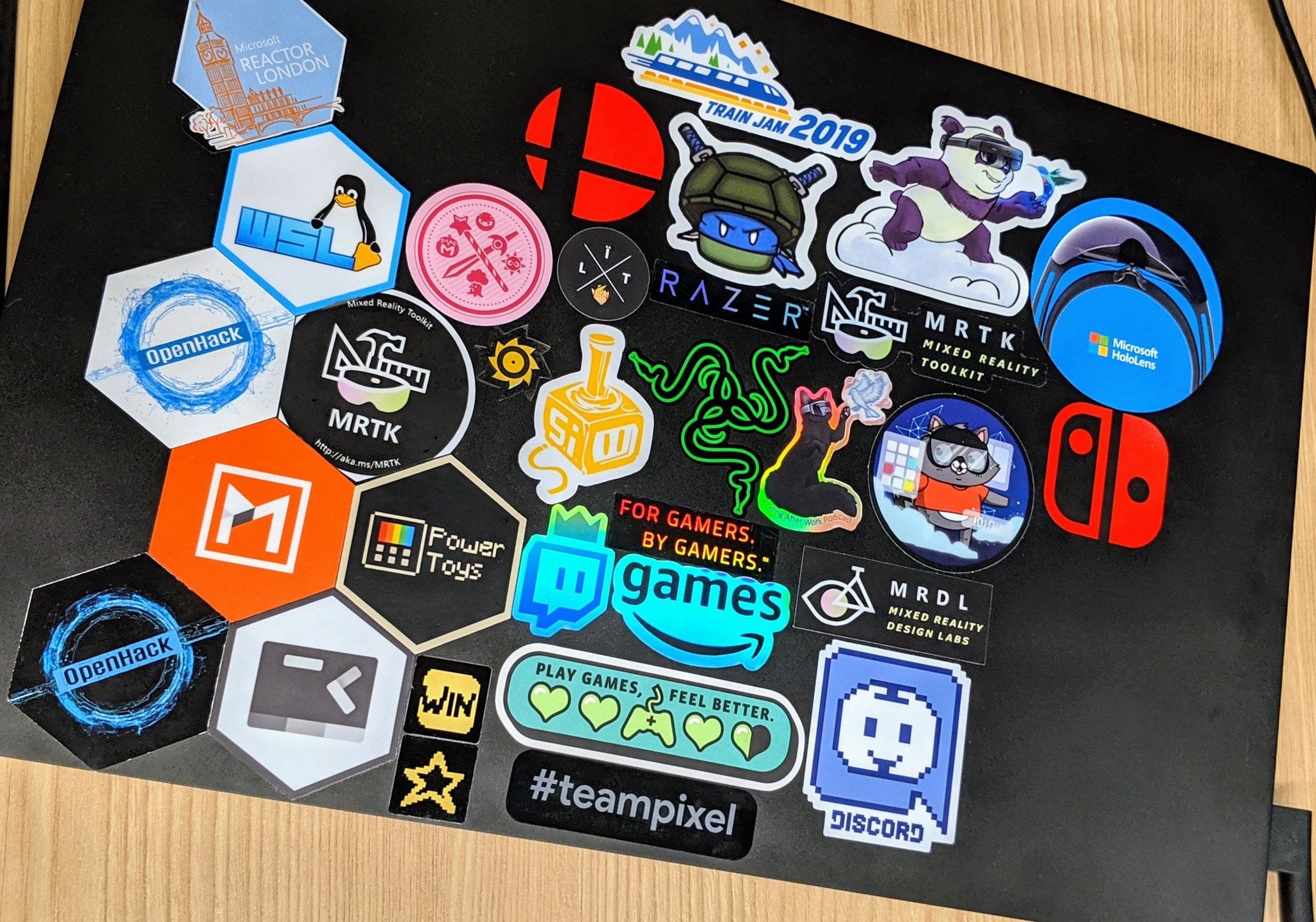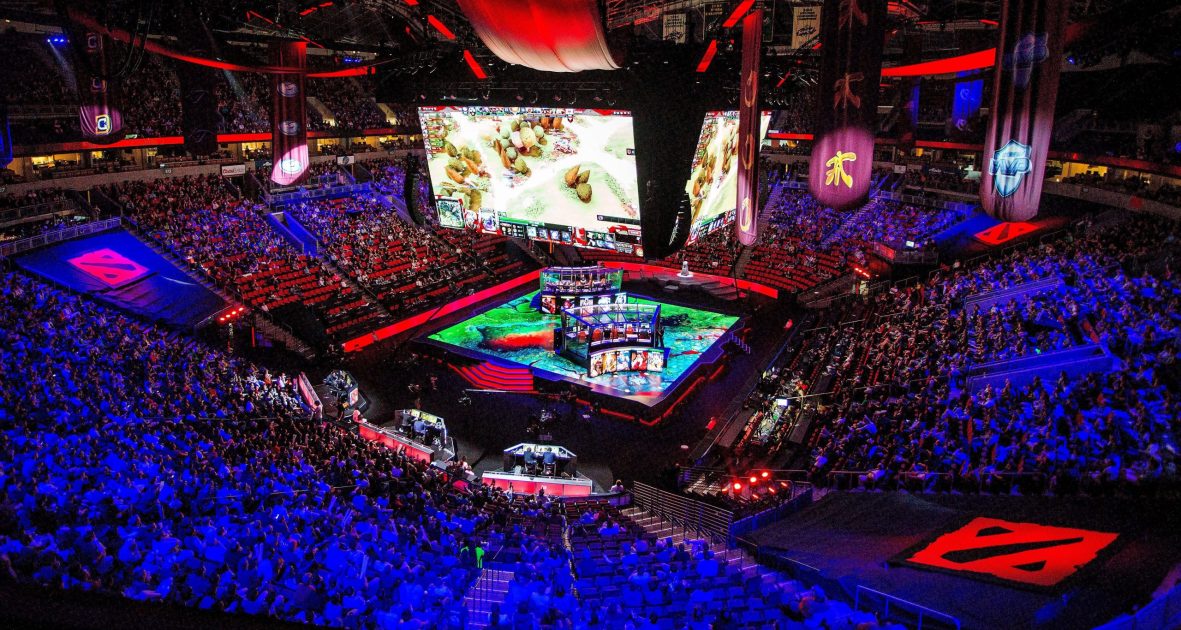Online gaming has experienced explosive growth in recent years, with millions of players engaging in multiplayer games, virtual worlds, and esports tournaments. While gaming offers endless entertainment and opportunities for social interaction, it also poses significant data risks. In this article, we will explore the five biggest data risks in online gaming, with a particular focus on data leaks.
Data Leaks
Data leaks are perhaps the most pressing concern for online gamers. Gaming companies collect vast amounts of player data, including personal information, gaming preferences, and even payment details. If this data falls into the wrong hands due to a breach or hacking incident, it can lead to identity theft, financial loss, and other serious consequences.
To combat this threat, gaming companies must invest in robust cybersecurity measures. Employing data security companies like Safetica, which specialize in safeguarding sensitive information, can be a proactive step.
These companies provide cutting-edge tools and expertise to protect against data breaches. They offer features such as data encryption, intrusion detection, and continuous monitoring, which can significantly reduce the risk of data leaks.
In addition to security measures, players should also be cautious about sharing personal information online and use strong, unique passwords to further reduce their vulnerability to data leaks. The combined efforts of gaming companies and players can help mitigate the risk of data leaks and create a safer gaming environment for all.
Phishing Scams
Phishing scams are a common threat in online gaming. Cybercriminals often pose as game administrators or offer enticing rewards to trick players into revealing their login credentials or other sensitive information. These scams can lead to account theft, loss of in-game items, and even financial fraud.
To protect against phishing scams, gamers should verify the authenticity of any communication they receive from gaming companies. Avoid clicking on suspicious links and never share personal or login information through unverified channels.
In-Game Transactions
Many online games incorporate in-game purchases, where players can buy virtual items, currency, or cosmetics. These transactions often require payment information, making players susceptible to financial risks. Inadequate security measures can lead to unauthorized purchases or even credit card fraud.
Gamers should enable two-factor authentication (2FA) whenever possible and regularly review their transaction history to detect any unauthorized activity. Developers should also implement stringent security measures to safeguard payment data.
Cheating and Malware
Cheating in online games is a pervasive issue, with some players resorting to third-party cheats and hacks to gain an unfair advantage. These cheats can often contain malware or viruses that compromise a player’s device and, in some cases, expose their personal data to hackers.
To avoid falling victim to cheating-related data risks, players should only download game-related software from trusted sources and be cautious of unofficial mods or cheats. Game developers should also employ strict anti-cheat measures to deter cheating and protect their players.
Privacy Concerns
Online gaming often involves voice and text chat, which can lead to privacy concerns. Players may inadvertently share personal information during casual conversations, which can then be used for malicious purposes. Additionally, some gaming companies may collect excessive data without proper consent.
Players should exercise discretion when chatting with strangers online, avoiding sharing personal information and using in-game pseudonyms rather than real names. Gaming companies should also prioritize transparency and provide clear privacy policies to inform players about data collection and usage.
Conclusion
Online gaming offers a world of excitement and connection, but it also presents significant data risks. Data leaks, phishing scams, in-game transactions, cheating, and privacy concerns all pose threats to gamers’ personal information and financial well-being. Players must remain vigilant and practice good cybersecurity hygiene, while gaming companies should prioritize data security to ensure a safe and enjoyable gaming experience for all. By addressing these data risks, the online gaming industry can continue to thrive while protecting its players from harm.




